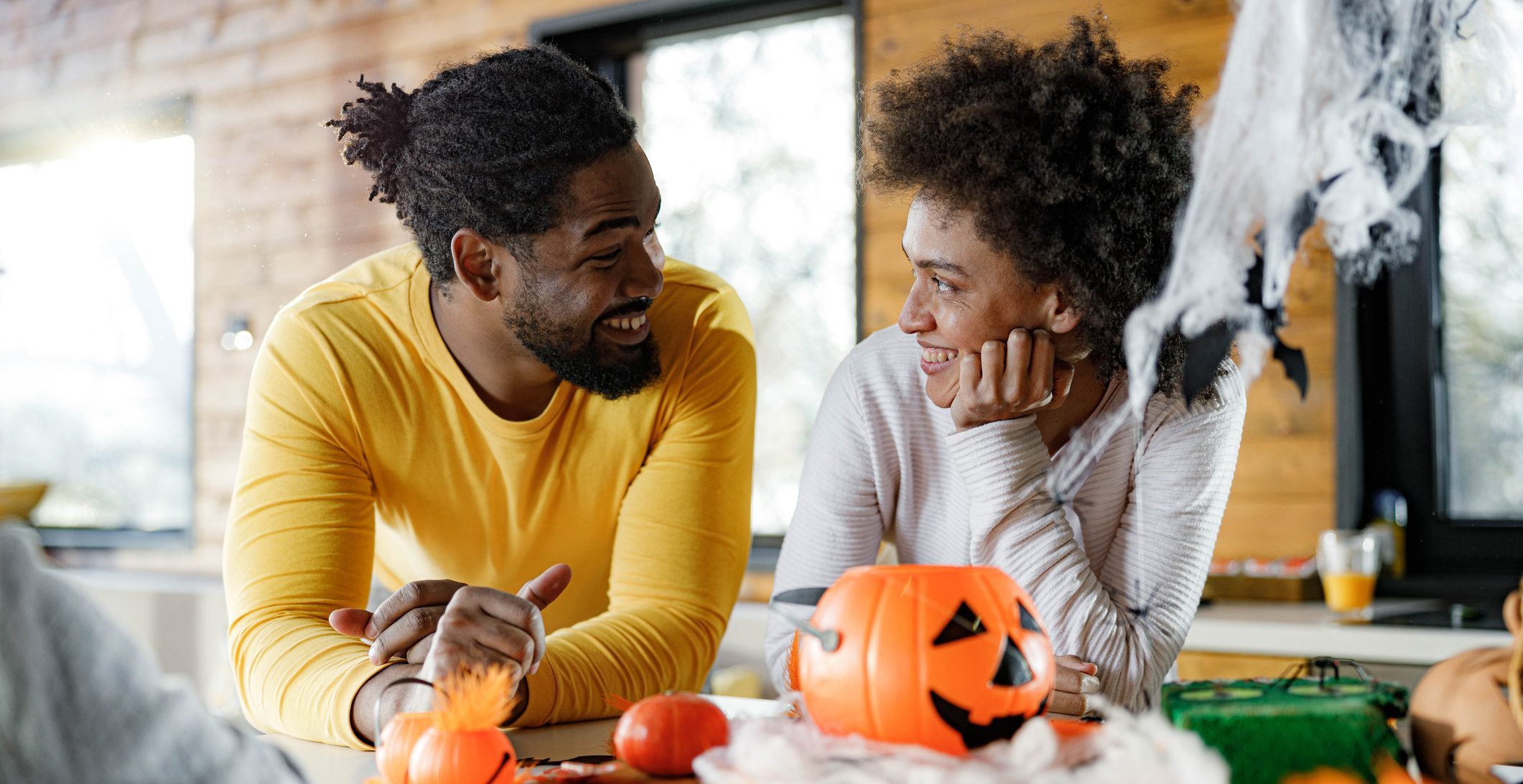How To Avoid Buying a Haunted House

With Halloween coming up, many homeowners are thinking about decorating their front porches and yards to participate in the spooky shenanigans. As you’re reading this, you might be preparing your candy for trick-or-treaters and maybe even chilling some wine for the adult participants.
With interest rates at ghostly lows and inventory stripped to the bone in some areas, many buyers are eager to strike a deal when they find a house they like. But have you thought about if that seemingly ideal home could be haunted?
Scary movies and tall tales aside, even rumors of a haunted house can hurt your resale potential. We will detail ways you can find out if your next house may be haunted, leaving you confident in your decision to buy or bolt.
Check the Seller’s Disclosures
Most states require sellers to complete a standardized disclosure form. The required disclosures vary by state but typically include hazards, repairs, missing items, HOA information, and neighborhood nuisances. Luckily for those of you looking to avoid a potentially haunted house, reporting deaths resulting from situations other than natural causes is stipulated in some areas.
Paranormal activity aside, these regulations are often in place to ensure buyers are made aware of safety hazards in the home that have unfortunately resulted in death. And even if the disclosure isn’t required, you can ask the seller about any deaths or unusual circumstances you should be aware of as a buyer. Most everywhere sellers must share information they’re aware of when directly asked, and can be legally held to account for that.
Do Online Research about the Property
You don’t have to rely solely on the seller’s disclosures, though. You can find just about anything online today, and details about a potentially haunted house are no exception.
You can start by simply searching the property address in Google or a similar search engine. But, if you’re looking to dig deeper into past real estate transactions, local records, and news articles, there are services that compile this data on homes. A quick search of “stigmatized home databases” will help you find one if you want to go that route.
Talk to Neighbors
The digital technology at our fingertips does allow us access to more information than ever. Still, sometimes it just can’t replace actual human interactions. When visiting a home you’re considering buying, be aware of your surroundings. Are there seemingly nosey neighbors watching as buyers tour an open house? They might be good sources to approach to get more context about the property.
If you do strike up a conversation with your potential new neighbor, you don’t want to come off crazed with speculation about a haunted house. To avoid an awkward encounter, you can ask more general questions like, “Is this a good place to live?” or “Can you tell me anything unique about the home’s history?” Allow them to share openly because that’s when they’re more likely to divulge any peculiar details that might surround a property.
Check If Anyone Died in the House
Just because someone passed away in the house you’re thinking about buying doesn’t mean you should immediately scratch it off your list. The majority of in-home deaths are people who have died of natural, non-violent causes.
For the more rare circumstances, it can help your decision-making process to be aware of violent crimes that have resulted in a death on the property, although admittedly, these aren’t likely to be haunting related. Disclosures and public records will also typically indicate if someone has died because of an unrepaired issue or hazard on the property, such as an unfenced pool or structural damage.
You can see if someone has passed away in your potential new home by searching the property address in online obituaries, death notices, through the local vital records office, or online databases dedicated to capturing and storing this home info.
Keep Your Senses Alert During a Home Tour
This final suggestion is perhaps the most important. You are your best resource. As you’re touring homes, you’re engaged and paying attention to the details of the house. You should also remind yourself to be fully aware of the space and trust any instincts you feel during the process.
Maybe you get a creepy vibe, or something about the house just feels strange. Make a mental note of anything that is out of the ordinary or leaves you with a lingering notion. You can follow those concerns up with research after you’ve left the open house. Even if nothing turns up in your search, the fact that you followed up on that intuition will boost your confidence in your decision to move forward with a purchase or move on.
While many of us may not believe a house could be truly haunted, that doesn’t mean perceptions of a property can’t prevent a sale or decrease its value. Use the tips above to help you feel confident your next home isn’t haunted, and work with our expert team to get a spookily good deal on your mortgage.
The included content is intended for informational purposes only and should not be relied upon as professional advice. Additional terms and conditions apply. Not all applicants will qualify. Consult with a finance professional for tax advice or a mortgage professional to address your mortgage questions or concerns. This is an advertisement. Prepared 10/25/2021.
